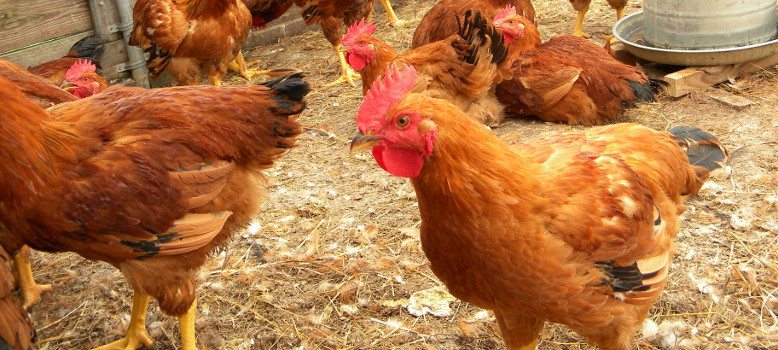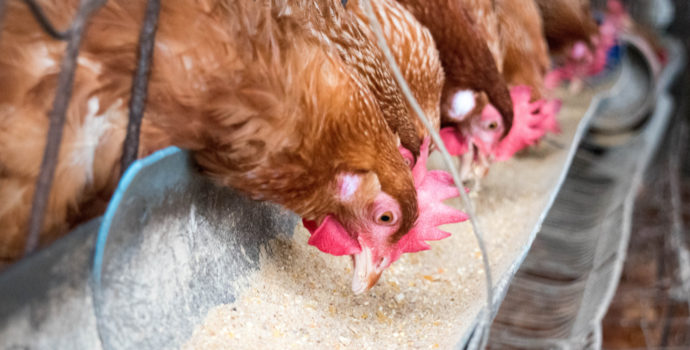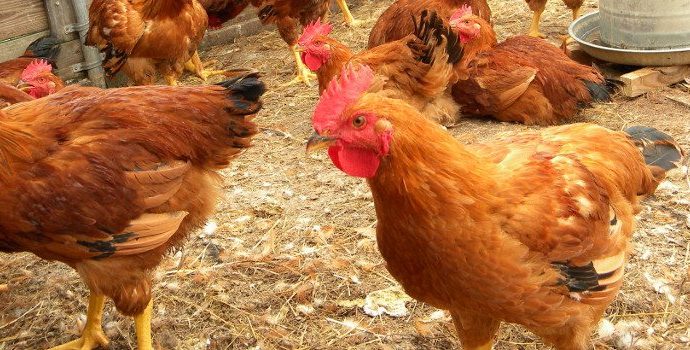Poultry Council Report October 2022

Market report
The Irish Poultry industry has had significant increases in input costs on farm and for processing plants and egg packers. Inflation is at a 15-year high and while the price of produce has increased on the shelf, some groups of farmers have yet to receive their full cost recovery from the processors and the IFA National Committee are continuously working on this. Progress has been made with broiler growers receiving circa 2 thirds of their initial requirement of 15c per chicken and are working with processors to ensure full amount is delivered.
Egg producers received circa 20c/dozen a number of months ago which covered feed costs up to May but covered no other non-feed costs which have seen significant cost hikes. The committee had been in talks with retailers and packers for a number of months and still had not been getting anywhere In terms of recovering anything for those additional costs which had pushed them into negative margins also in the region of 15c/dozen according to Teagasc. This left the committee with little option other than to protest at the retailers who they had been in frequent engagements with to have their plight heard. The protest continued for 6 days and nights in Cavan town and thankfully resulted in money committed to be passed back down the food chain to the egg producers from retailers. This is the first time in 25 years that egg producers will receive any increase over feed cover and given where their costs had gone, it was important to get this.
The need for a food ombudsperson with statutory powers of enforcement is critical to controlling the power of a small number of retailers that have reduced the viability of poultry Irish farmers. Farmers do not want to be taking to the streets in order to get their fare share of the pie but unfortunately it is difficult for them to be listened to without taking action. Chicken and pig producers were also heavily involved in the protests and require more from the market place. This is ongoing.
The IFA Poultry Committee have been highlighting the increase in input costs incurred by Poultry producers of meat and eggs and the sheer urgency of immediate price recovery for producers since last October. The practice of selling product below the cost of production is devaluing product and creating an expectation among consumers which is completely unsustainable. The IFA are engaging with retailers and will start the next round of meetings this week and recognise that improvements are evident.

High Pathogenic Avian Influenza – Update
Avian Influenza confirmed in captive birds in County Down
On 11 October, following the suspicion of notifiable avian influenza (AI), including initial positive laboratory results in captive birds at a Wildfowl and Wetlands Trust (WWT) near Strangford Lough, a Captive Bird Temporary Control Zone has been implemented in the surrounding area to mitigate against onward disease spread.
Samples are currently undergoing additional testing to confirm strain and pathogenicity.
A 3km temporary control zone has been put in place around the infected premises, whereby all poultry and captive birds must now be kept in secure housing or otherwise kept separate from wild birds.
This is the first outbreak of avian influenza in kept birds in Northern Ireland since last February Risk of Highly Pathogenic Avian Influenza to poultry and captive birds.
Avian Influenza is highly contagious for birds. Due to the Avian Influenza surveillance carried out by DAFM, the disease is known to be circulating widely in seabird populations. The environment can become contaminated with virus through the faeces of infected birds. This presents a potential source of infection for poultry and captive birds. The presence of Avian Influenza in wild bird populations has been confirmed around the Irish coast, thereby presenting a risk of infection to Irish poultry and captive birds. Biosecurity is the best defence against the spread of disease, including avian influenza, to a poultry flock. Although strict biosecurity is always advised, flock owners have been required from 19 September 2022, through the introduction of Avian Influenza (Biosecurity measures) Regulations 2022, to maintain best practice biosecurity measures to mitigate against the risk of introducing avian influenza into poultry and captive bird flocks.
All poultry and captive owners are reminded to review and, where necessary, improve their biosecurity procedures on the premises to ensure that all appropriate measures are in place. Flock owners should remain vigilant for any signs of disease in their flocks, and report any disease suspicion to their nearest Regional Veterinary Office.
There have been no confirmed cases of HPAI H5N1 confirmed in poultry or captive birds in Ireland this year to date. DAFM has stopped collecting birds for surveillance purposes from coastal counties as the disease has been confirmed to be present around the coast. Surveillance will continue as per current protocols in other counties (1 or more bird of prey-including owls, 3 or more waterfowl-including gulls, 5 or more of any other species of bird).
Members of the public are reminded not to touch sick or dead wild birds.



